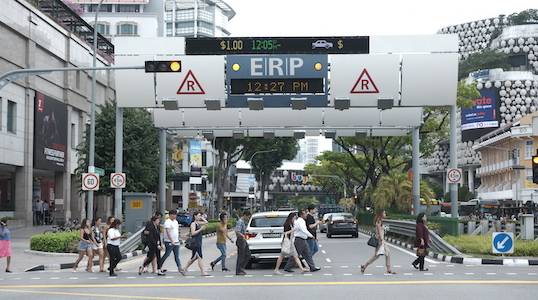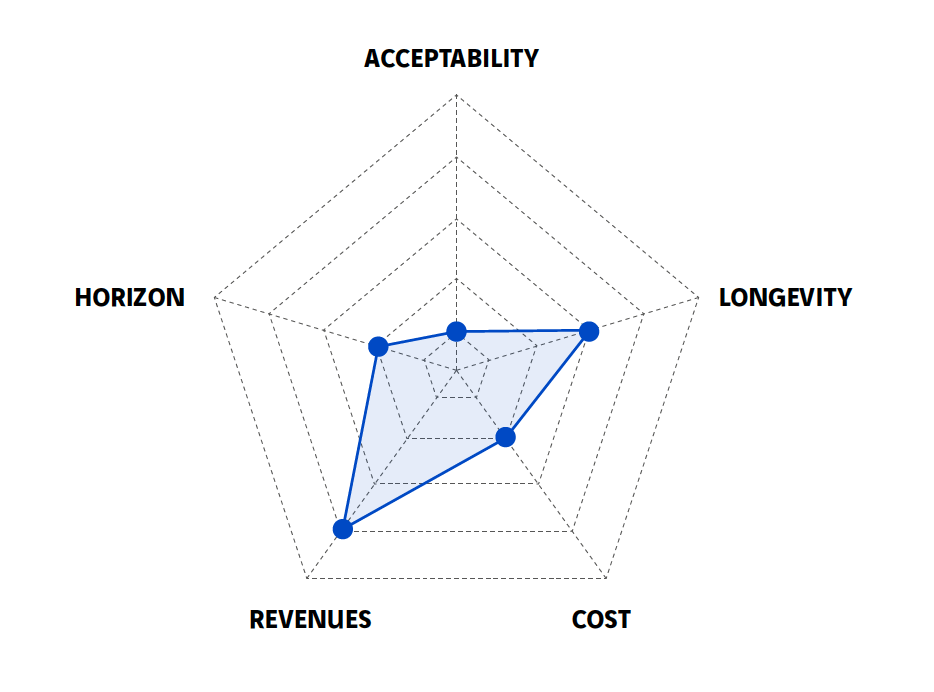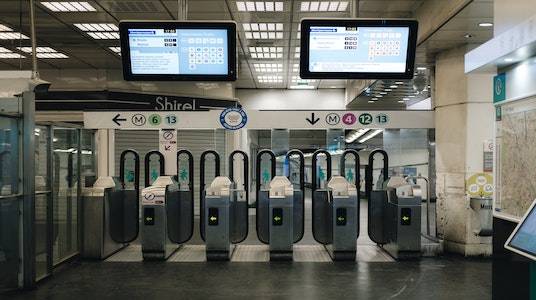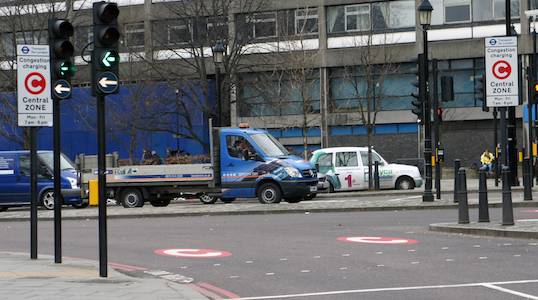


Singapore and the issurance of a quota of licences to finance mobility

The scarcity of available public space drives Singapore’s mobility policy. The City-State occupies a territory restricted to the south by the ocean and to the north by the Johor Strait which marks the border with Malaysia. Public space is a fixed and extremely limited resource given Singapore’s urban development.
In 1990, to mitigate vehicle traffic and contain the growth of road infrastructure, Singapore rolled out several measures: a city toll (Electronic Road Pricing) and the Certificate of Entitlement (COE). The latter measure aims to control and limit growth in the number of vehicles in circulation.
Learn more / Download
What scale of implementation?
- Local
Who pays?
- Taxpayer
What secondary benefits for the community?
- Modal shift toward less carbonized modes / behaviours
Other solutions to discover:

Public transportation passes and the limits of influencing flows

City tolls, an opportunity to fund mobility

Putting a price on carbon to control emissions more effectively
La Fabrique de la Cité
La Fabrique de la Cité is a think tank dedicated to urban foresight, created by the VINCI group, its sponsor, in 2010. La Fabrique de la Cité acts as a forum where urban stakeholders, whether French or international, collaborate to bring forth new ways of building and rebuilding cities.














